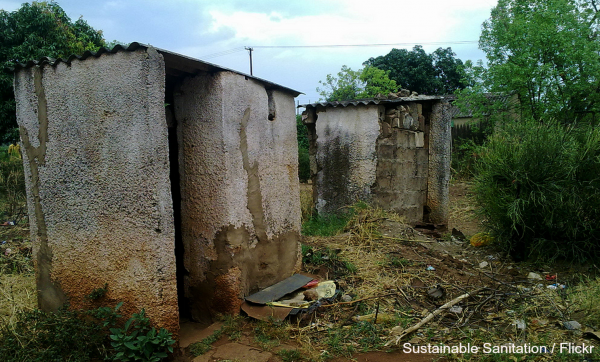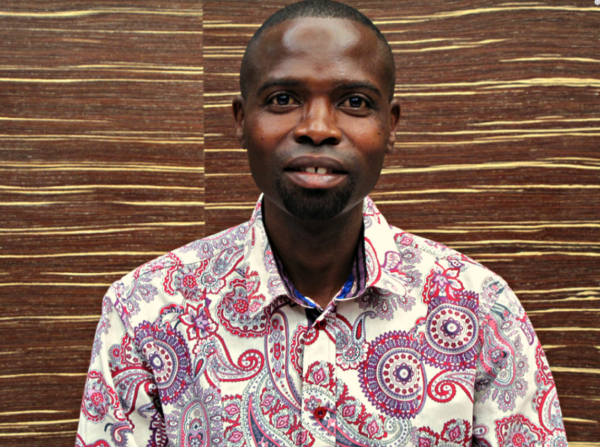Earlier this year, Making All Voices Count partnered with Health E-News to launch a citizen journalism project to catalyse debate on issues related to public health services in South Africa.
The OurHealth project was launched to support and monitor the South African National National Health Insurance (NHI) scheme, aimed at bringing together public and private resources for more accessible and equitable healthcare.
The project involves training citizen journalists to collect information and report on local issues. These are then distributed to the mainstream media to raise awareness of local issues and demand greater accountability and responsiveness from those in power.
This month, the platform enabled student voices to be heard in response to poor sanitation that was undermining their learning. As reported on October 13, in response to years of overflowing toilets that sent dirty water into hallways and rooms, the conditions of toilets at the Thengwe Secondary School were improved.
In August, OurHealth reported on the terrible conditions at the school in response to complaints by students. Student Mulalo Ratshilingana explained that many students had already complained, but were left with little option in terms of alternative accommodation as a large number came from families far away.
In response, OurHealth contacted the building’s owner Nndanduleni Ramaliba to demand action and this month he acted on his promise to repair the toilets. He said he was glad to have fixed the problem – and keep his students:
It was about to turn into a disaster and I was going to lose my residents. I knew it was not good for their health to have waste from toilets flooding in front of their rooms so I tried my best to fix the pipes.
The OurHealth project reports on issues related to all areas of health, many of which are rural and don’t feature on the mainstream news agenda. Speaking at the first annual Citizen Journalism Awards, Managing Editor Kerry Cullinan reflected on how the project has improved people’s lives. She said, “We are exceptionally proud of our citizen journalists who have been able to bring about real change in their communities through their stories.”
Water has been restored to dry villages in Vhembe, drains fixed after years of disrepair, schools have upgraded their toilets and medicine stock-outs have been sorted out – all thanks to our citizen journalists drawing officials’ attention to service delivery weaknesses.
The project is aimed not only at raising awareness of, and demanding response to, issues of public health services, but is also aimed at enabling the South African government to find health care solutions based on the lived realities of its people. Programme Officer Precious Greehy explains:
The Ministry of Health formally recognizes the work of Health-E News and have granted permission to monitor issues of medicine stockouts in clinics. Journalists monitor the supply of 22 basic and essential medicines at their local clinics and the ministry often contact Health-E News for updates as to when and where they can improve their service.
Tshilidzi Tuwani was awarded Citizen Journalist of the Year for his tenacious reporting on health issues in the Soshanguve area outside Pretoria. Speaking at the event, he said was happy the project allowed him to give a “voice to the voiceless” and help bridge the gap between communities and government. He stressed that the strength of citizen journalism is journalists’ ability to be rooted in the places where they live. He added, “you must always remember your people.”
Read more about the OurHealth project here.

